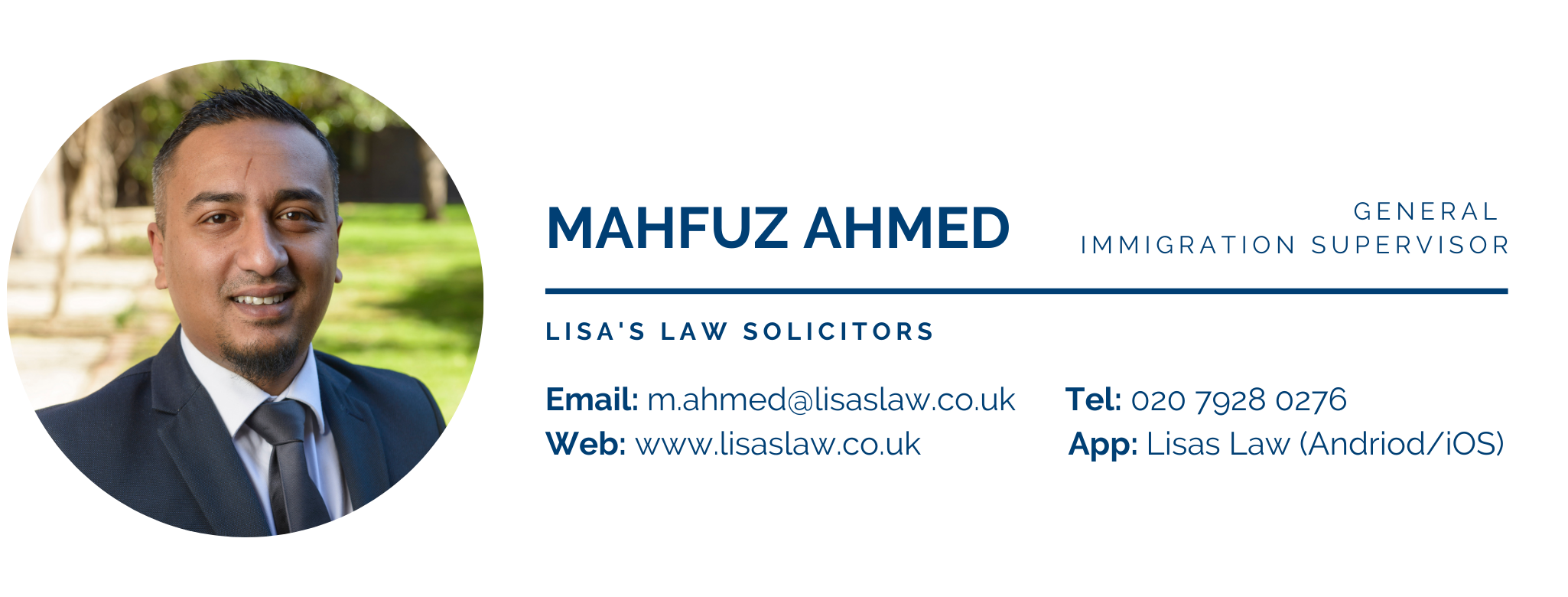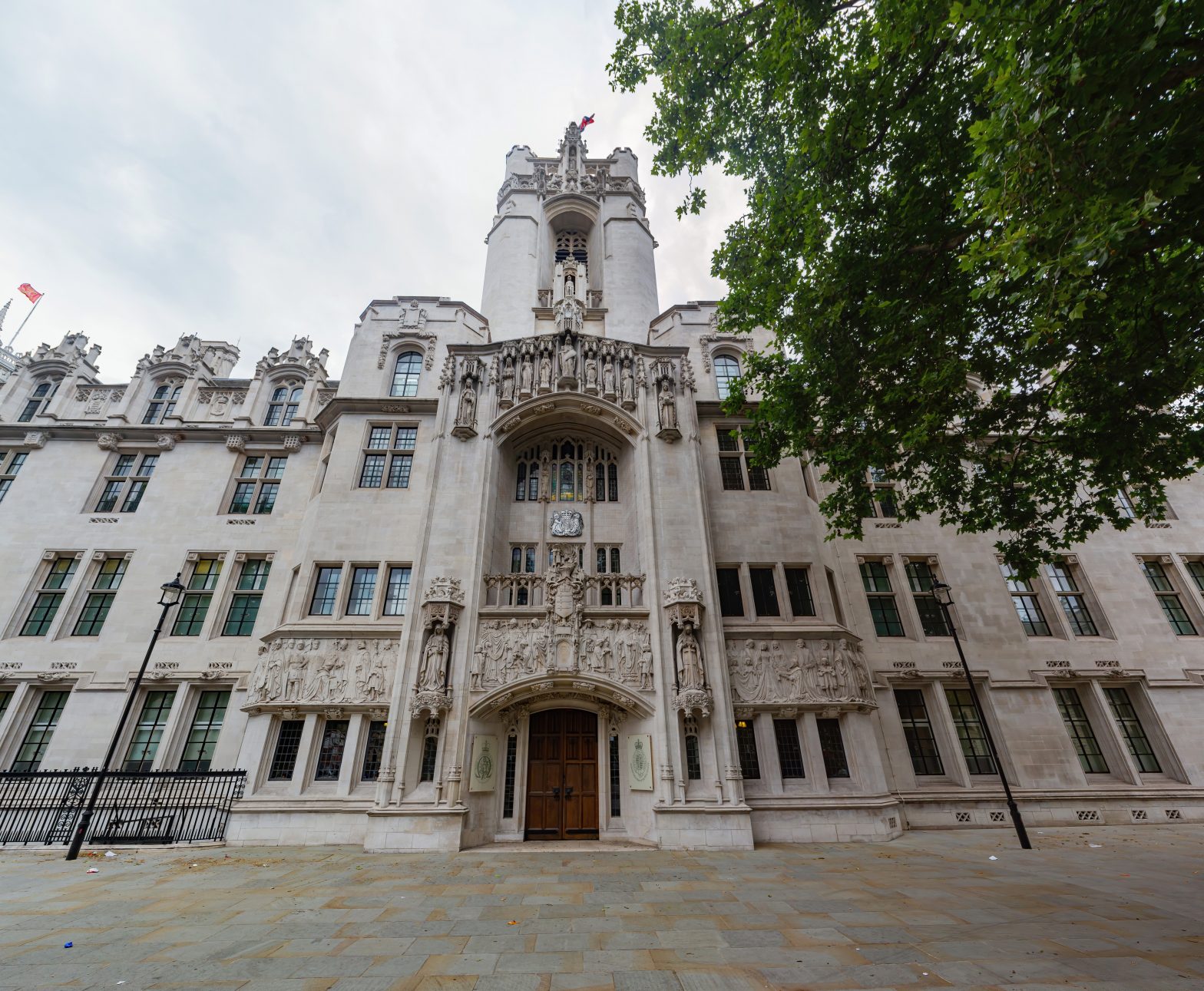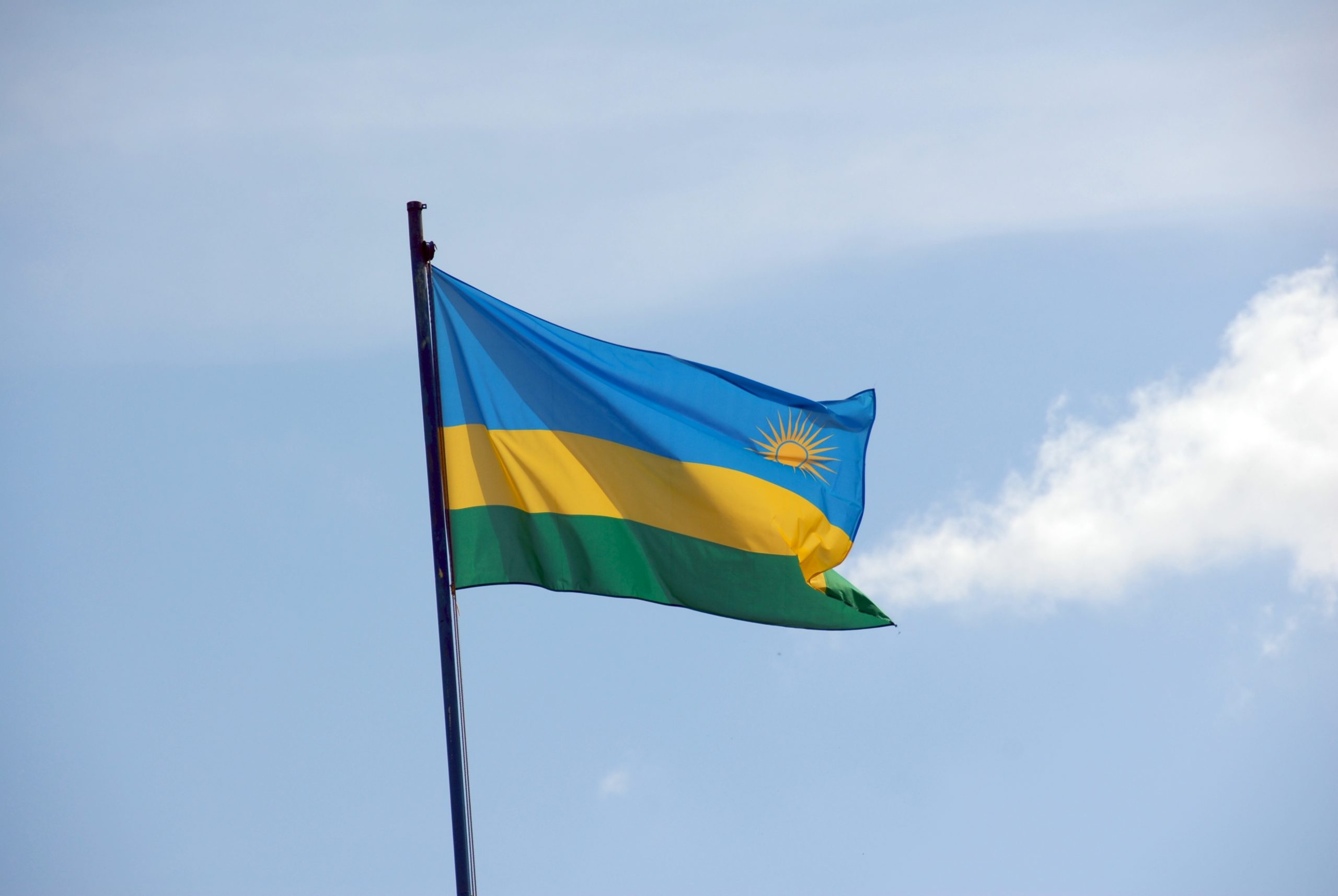
Recently, the UK’s immigration policy faced a crunch moment when the Supreme Court decided that the government’s Rwanda policy is unlawful. The highest court in the UK has spent a month deliberating the legality of the plans to remove asylum seekers to the East African country.
Today, the Supreme Court released its final judgement, declaring that the Rwanda plan is unlawful because of risks to asylum seekers being sent there.
Keep reading to learn more about the decision and its consequences.
Supreme Court Decision
In court, Lord Reed, president of the supreme court, set out the details of the Rwanda policy. According to Lord Reed, the policy is not about letting Rwanda decide if people get asylum in the UK. Instead, it is about sending people to Rwanda, where they can claim asylum to stay there.
The central issue in the present case is therefore not the good faith of the Rwandan government at the political level, but its practical ability to fulfil its assurances (at least in the short term) in the light of the present deficiencies of the Rwandan asylum system. In addition, its past and continuing practice of refoulement, as well as the scale of the changes in procedure, understanding and culture which are required.
Furthermore, Lord Reed emphasized the importance of the non-refoulement rule, stating that refugees should not be returned to their country of origin if they could face prosecution there. This rule is a principle of the UN refugee convention, endorsed by the UK and other conventions. This demonstrates that the European Convention on Human Rights is not the only obstacle to unjust repatriation.
Despite the Home Secretary’s claim that Rwanda can be relied on based on the Memorandum of Understanding it has agreed with the UK, the United Nations High Commissioner for Refugees (the UNHCR) presented evidence challenging Rwanda’s treatment of asylum seekers. The UNHCR also raised concerns about how the Rwandan judicial system operates. Furthermore, it highlighted instances of non-refoulement violations in a prior agreement with Israel.
Rwanda has also received criticism for carrying out extra-judicial killings, and the British police has had to caution Rwandan refugees about death threats. Such evidence indicates that Rwanda may not be adhering to its international obligations. As it stands, the evidence establishes substantial grounds for believing that there is a real risk that asylum claims will not be determined properly, and that asylum seekers will in consequence be at risk of being returned directly or indirectly to their country of origin under the Rwanda plan.
Given this evidence, the court of appeal concluded that there were good grounds for thinking asylum seekers going to Rwanda were at risk. The Supreme Court is unanimously of the view that the court of appeal was right.
Details about the Rwanda Policy
The Rwanda policy is a central plank of the Conservative party’s immigration policies under the governments of Boris Johnson, Liz Truss and Rishi Sunak. These immigration policies give ministers powers to detain anyone who arrives in the UK illegally and deport them to a safe third country such as Rwanda or their home country.
In April 2022, following a drastic increase in the number of people crossing the Channel, then-prime minister Boris Johnson announced a plan to deport migrants arriving in small boats to Rwanda for their claims to be processed, presenting it as a “very considerable deterrent”. Responding to the Channel migration issue, in April 2022 the then home secretary, Priti Patel, signed an agreement to send “tens of thousands” of “irregular” asylum seekers to Rwanda.
The five-year agreement set out a memorandum of understanding for which the UK government has so far paid £140m. In exchange, the Rwandan government said it will house and settle the refugees and process their claims. There is no official route back to the UK if the refugees’ asylum claims are deemed to be genuine.
However, the courts, domestic and European, have so far held up the removal of anyone to Rwanda under the scheme. In June 2022, the first deportation flight to Rwanda was cancelled just minutes before take-off following a ruling by a judge at the European Court of Human Rights in Strasbourg.
Legal challenges against the Rwanda policy
Legal challenges ensued. The High Court ruled the Government’s Rwanda policy was lawful, but ordered the cases of the first eight deportees to be reconsidered. Subsequently, a High Court judge ruled that asylum seekers facing removal to Rwanda can appeal against the Home Office’s decisions over alleged errors in the consideration of whether relocation poses a risk to their human rights, dealing another blow to the plan.
Despite this, the Court of Appeal ruled against the government on a single issue of safety, saying there was a real risk of asylum claimants being returned to their country of origin where they could face inhumane treatment.
In July 2023, the government sought approval to elevate the legal battle over its Rwanda deportation policy to the Supreme Court. Starting on October 9, the Supreme Court conducted a three-day hearing on the Government’s challenge to the Court of Appeal’s ruling that the plans to send asylum seekers to Rwanda are unlawful.
What are the consequences of the decision?
This marks a victory for reason and compassion for many, preventing asylum seekers from facing forced deportation to Rwanda.
With the unlawful ruling on the Rwanda policy, asylum seekers don’t need to worry about being placed on planes against their will and sent 4,000 miles to Rwanda by the government. Lawyers representing those facing deportation to East Africa argue that Rwanda has an “authoritarian, one-party state” with a “very poor” asylum system. Sile Reynolds, head of asylum advocacy at Freedom from Torture also highlighted the terror that this plan inflicts on survivors of torture who have fled unimaginable horrors and are trying to rebuild their lives in the UK.
However, the government’s attempts to tackle the migrant issue are evident. The Prime Minister has warned of the unsustainable pressure on the asylum system, as the taxpayer bill nearly doubles to almost £4 billion. With the UK government recently adding India and Georgia to the ‘safe’ countries list, the government may potentially expand the list of countries under the Illegal Migration Act. Such a move could lead to swift deportations, as claims from affected nationals could be automatically rejected.
In conclusion, the announcement of the Supreme Court is a sign that the government should pledge to create an asylum system that works, which should be one with clear, open, safe and legal routes for applicants, quick and efficient determinations and support for resettlement into local communities with properly funded local services.
Have questions? Get in touch today!
Call us on 020 7928 0276, phone calls are operating as usual and will be taking calls from 9:30am to 6:00pm.
Email us on info@lisaslaw.co.uk.
Use the Ask Lisa function on our website. Simply enter your details and leave a message, we will get right back to you: https://lisaslaw.co.uk/ask-question/
For more updates, follow us on our social media platforms! You can find them all on our Linktree right here.





I appreciate the effort that goes into creating high-quality content, and this post was no exception. The insights and information were top-notch and made for a really engaging read. Keep up the great work!
Your writing is so engaging and easy to read It makes it a pleasure to visit your blog and learn from your insights and experiences